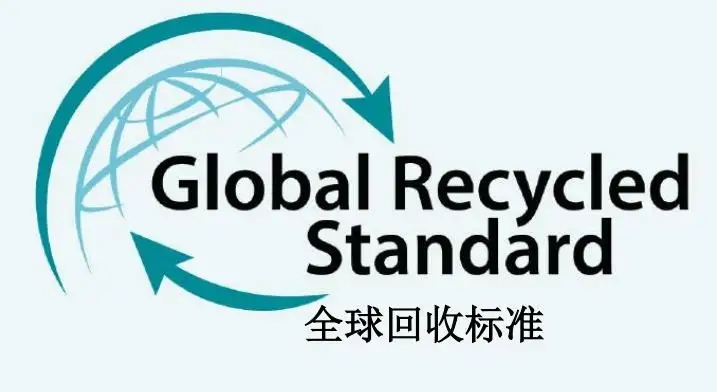Ecological production and social criteria are hardly a given in the textile industry. But there are products that meet these criteria and are awarded seals of approval for it. The Global Recycled Standard (GRS) certifies products with a recycled content of at least 20%. Companies that label products with the GRS must comply with social requirements and environmental management guidelines. Social working conditions are verified in terms of the UN and ILO conventions.
GRS Gives Socially and Environmentally Responsible Companies a Competitive Edge
The GRS is designed to meet the needs of companies that want to verify the recycled content of their products (both finished and intermediate) and to verify responsible social, environmental, and chemical practices in their production.
The objectives of the GRS are to define requirements to ensure accurate content information and good working conditions, and to minimize harmful effects on the environment and chemicals. This includes companies in the ginning, spinning, weaving and knitting, dyeing and printing, and sewing sectors in more than 50 countries.
While the GRS seal of approval is owned by the Textile Exchange, the range of products potentially eligible to receive GRS certification is not limited to textiles. Any type of product containing recycled materials may receive GRS certification as long as the criteria is met.
Key factors for a GRS certification include:
• Reduction of harmful effects of production on people and the environment
• Durable processed products
• A high percentage of recycled content in products
• Responsible production
• Recycled materials
• Traceability
• Transparent communication
• Stakeholder involvement
• CCS (Content Claim Standard) compliance
GRS explicitly prohibits:
• Indentured, forced, bonded, prison or child labor
• Harassment, discrimination, and abuse of employees.
• Substances, that are dangerous to human or environmental health (so-called SVACs) or do not require with the MRSL (Manufacturer’s Restricted Substance List)
GRS-certified companies should actively protect:
• Freedom of association and right to collective bargaining (in terms of unions)
• The health and safety of their workers.
Amongst others GRS-certified companies need to:
• Provide employment benefits and wages that meet or exceed the national legal minimum.
• Provide working hours that are compliant with national laws.
• Have an EMS (environmental management system) and a CMS (chemical management system) that meet the standards defined in the criteria.

What is the Content Claim Standard?
The CCS checks the content and quantity of certain materials in a final product. It involves tracking material from its source to the final product and certifying it by an approved independent body. This allows for a transparent, consistent, and comprehensive independent assessment and verification of a specific material in a product and includes processing, spinning, weaving, knitting, dyeing, printing, and sewing operations.
CCS is used as a B2B tool to give companies confidence that they are selling and buying quality products. At the same time, it serves as a basis for the development of ingredient declaration standards related to specific raw materials.
Fufang is now GRS certified!
While Fufang has always strived for environmentally sustainable business practices, recognizing them not just as a trend, but also the industry’s certain future, it now achieved another certification to support its environmental vision.
Even though Fufang does not operate factories itself, we take great pride in our effort to work together with GRS-certified subcontracted factories throughout the entire supply chain: From yarn manufacturers and knitting mills to dyeing mills. Together with our loyal customers, we are eager to take a stance against harmful unsustainable business practices by nurturing a transparent and environmentally friendly supply chain.



